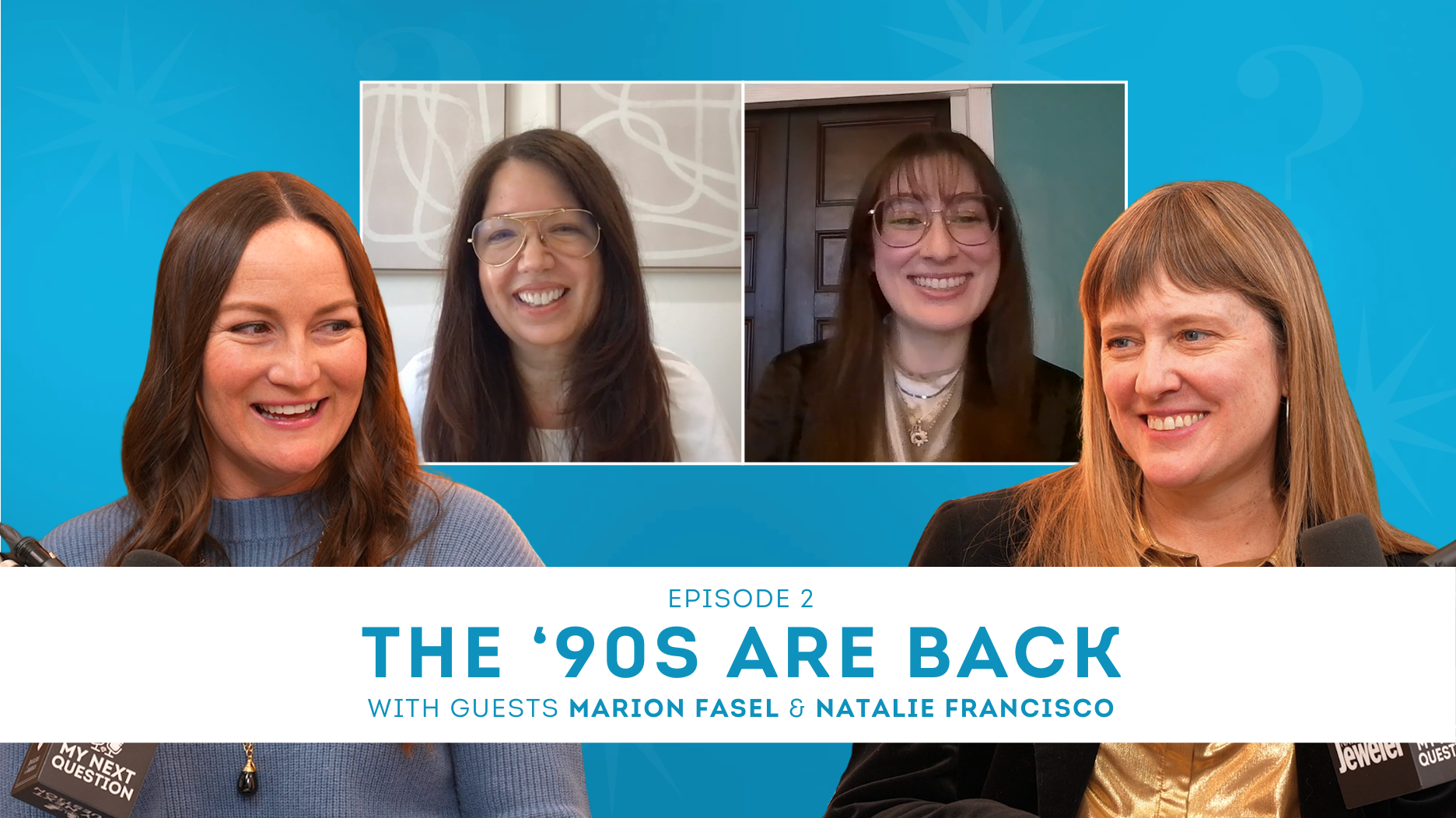Q&A: Bogolo Joy Kenewendo on Making Deals, Marketing Diamonds
Kenewendo, Botswana’s minster of minerals and energy, discusses closing the deal with De Beers and the work that was missed along the way.

Kenewendo was in New York City for a week in March, where she served as the keynote speaker at the Jewelers Vigilance Committee’s annual luncheon.
In between many other appointments, she also took time for an extensive interview.
Kenewendo is a trade negotiator and trade economist who served as the cabinet minister of investment, trade and industry under the previous president of Botswana, Mokgweetsi Masisi.
Then age 30, she was the youngest cabinet minister in the history of Botswana and in all of Africa.
She left government in 2019 but this past fall, the country’s new president, Duma Boko, asked her to return and gave her a clear directive—get the new sales deal with De Beers Group done in 100 days.
And she did.
In our interview, Kenewendo shared her perspective on closing the deal, the importance of refocusing on natural diamond marketing, and her advice for young leaders.
This interview took place March 11 at the Tiffany & Co.’s The Landmark on Fifth Avenue. It has been edited for length and clarity.
Michelle Graff: I recently watched a recording of a TED Talk you did a couple years ago in Cape Town. In that talk, you described yourself as a “diamond baby.” Can you talk a little bit more about what that means?
Bogolo Kenewendo: Yes. In that TED Talk, I talk about being a diamond baby because I was born in a government hospital, I went to a government primary school, a government senior school.
I went to university, paid for by government around the world—in Botswana, in the U.S., in the U.K., and I ended up working for the government.
All this was possible because the government of Botswana pays for it. The only way that the government pays for this is that diamonds contributed in the ‘80s well over 60 percent of government revenues and in the ‘90s to the 2000s to now, contributes 30 percent or so of revenues.
Our ability to convert what’s underground to revenue, to tangible wealth, is what makes me a diamond baby.
MG: In that talk, you also mentioned Dr. Gaositwe Chiepe.
Can you talk a little bit about her role in ensuring the people of Botswana benefited from their country’s diamonds? Is she someone who was a mentor to you or someone you’ve emulated in your career?

BK: Dr. Chiepe was [Botswana’s] first woman [cabinet] minister, and she was also the first woman minister of minerals and the first woman minister of trade, which are both positions that I’ve happened to hold. She became really important in my life. She later became my mentor, and I called her my adopted grandmother.
This is a sad story, but so profound to me.
She passed away [on Jan. 26 at age 102], the Sunday after we concluded [negotiations on] the De Beers deal and I called her to tell her that we’ve concluded negotiations, negotiations that took six years.
She was so excited, and we were planning what to do for the celebration.
Dr. Chiepe had really been an anchor to me and my career for several years; she was wonderful.
But, over and above being an anchor to me, she negotiated the first De Beers-government of Botswana deal, the first agreement that created Debswana, our mining vehicle.
This was in the ‘70s and it enabled Botswana to mine its diamonds.
Then, we didn’t even have a pound to our name. What they negotiated at the time is that with the expected dividends from our mines, we can reinvest those, and they foreshadowed that the royalties that will come out of our mines is what we will use for the developmental aspects of the mines.
They front-loaded the taxes that they wanted for the mines and that’s what they used as contribution for their equity, so all of this mathematics.
You can just see the visionary leadership back in the ‘70s that enabled them to craft what is now heralded as the world’s best and largest Triple P (public-private partnership) that we continue to emulate.
I don’t think it’s just the creation of Debswana that makes her so pivotal to our development. It’s what happened when she moved to Ministry of Education, of reinvesting the mineral rents in education, affording every Motswana an opportunity to go to school.
Regardless of where you go in the world, you will get your tuition paid in full and you will get a living allowance associated with it.
Incredible leadership.
“This agreement is critical to Botswana’s development and Botswana’s future. There were quite material matters to be negotiated, and those issues couldn’t be dealt with overnight.” — Bogolo Joy Kenewendo
MG: I want to talk a little bit now about this new deal between Botswana and De Beers. I think the main thing people are curious about is, what took so long?
We were told an agreement had been reached in July 2023, but it took until February 2025 for the deal to be signed.
I know the Botswana general elections were in October 2024, which resulted in a new leader and a new ruling party for the country. But I’ve also seen reports about a tax issue causing the delay.
What can you tell us about the timeline?
BK: First, this agreement is critical to Botswana’s development and Botswana’s future. There were quite material matters to be negotiated after onset, and those issues couldn’t be dealt with overnight.
What was reached in 2023 was the heads of terms [meaning], what is it that we agree to negotiate on?
And then I think there were issues on, maybe style of negotiation and maybe personality clashes. I’m unsure, quite honestly, because I was not in the government at that time.
What I can tell you is that after the elections, President Gideon Duma Boko said to me, “As the minister of minerals, I need you to get this done in 100 days. You have no excuses.”
It was clear I had to unpack with the team, what were the things that were hanging and if they needed isolation and mediation, we isolate, we mediate.
And one of the things that you’ve referred to was the matter of taxes. We have resolved the matter of tax. De Beers no longer has any liability of taxes in Botswana and they are a corporate citizen in good standing.
“We were entirely focused on closing [the deal] because what we realized is in the six years that Botswana and De Beers were negotiating, [demand for] synthetics grew.”
— Bogolo Joy Kenewendo
MG: So, De Beers owed some money in taxes and was that holding up negotiations?
BK: I wouldn’t say they owed. I think there were matters of calculations, but they are fine now. But I don’t think that that was necessarily what was holding up negotiations.
MG: What do you think it was then, just the transition from one government to another, the personality clashes?
BK: Well, the transition happened in November. I was given a mandate to close it in 100 days, and we did that.
We were entirely focused on closing it because what we realized is in the six years that Botswana and De Beers were negotiating, [demand for] synthetics grew, right?
MG: Yes, a lot changed.
BK: There were serious structural changes in the American market. Gen Zers became a lot more aware of ESG (sustainability) and wanted a product they could relate to.
The marketing budget of both De Beers and diamond-producing countries significantly dropped and therefore the presence of natural diamonds in the market dropped.
The call to say, “Do this in 100 days and close,” was so that we can focus on fixing the market, on getting back demand, but end on getting the supply flowing and on working on the fifth C … confidence in the market.
That was what we were solely focused on—make sure Botswana has a good deal, that we can sell and market our diamonds, that our production is secure, and ethics are followed, that there is no overhang of any liability that was being talked about, that we are securing the future for Botswana.
But, most importantly, we’re getting back the natural diamond market.
MG: Yes. I know there is a big push right now around marketing natural diamonds.
BK: It’s a big push. It’s a big push because if just from the trend, the focus on the negotiation really derailed the market or we missed the work. We missed the work that was needed and the leadership that was needed in the market.
We think that now together, but also in partnership with other stakeholders, we can be able to challenge what is needed in the natural diamond market and ensure that we are creating some buoyancy.
“You must always get up, because your dreams always deserve you to show up for yourself.” — Bogolo Joy Kenewendo
MG: My last two questions are off the topic of diamonds, if you don’t mind.
What would you say to other young women leaders, or women in general, who might be feeling discouraged about the current state of the world?
I know you’ve spoken out about women in leadership and when you started, when you first were in the government, you were the youngest cabinet minister in all of Africa. Is that right?
BK: Yes; what an interesting period then. So, first, [I would say this] to just generally young people who may be feeling discouraged right now.
I think in the face of adversity, we should never give up. You know, it is now that we really need to exert all of our energies to challenge the status quo and to seek what our passions are and to just go after them because the breakthrough will be that much sweeter.
It’s easier for somebody to say that when they’re sitting in a Tiffany & Co. office and wearing Botswana jewelry. But it hasn’t always been that way for me.
I have knocked on many doors, I have begged for people to see me, and I know what struggle is like. I wasn’t born with a silver spoon.
And every time I got a no, I took a moment out. I recognized that sometimes you need a breather.
But then you must always get up, because your dreams always deserve you to show up for yourself. No one will do it for you.
And someday you will look back, sitting in a Tiffany building and recognizing that those days of crying and waking up the next day and doing it all over again were worth it.
And then to the young women: Agency is important, economic agency is important.
Right now, I recognize that it is fashionable to have somebody pay for your life, but nothing is more fashionable and more worthy than affording yourself and having economic agency.
It is worth the liberation. That’s the only thing that can guarantee you the liberty, the freedom, the life that you want.
MG: I saw online that your hobbies are meditating, traveling, and reading; I’m a reader too. What is the best book you’ve read in the past 12 months?
BK: I just finished reading my best friend’s book. Jaha Dukureh wrote an extremely vulnerable autobiography about her survival of female genital mutilation, “I Will Scream to the World.”
Reading it was just such an eye-opener to the challenges that women still face in the world because we do not have those challenges where I come from. And sometimes because you don’t face those, you can be so oblivious to what other people are facing.
I also read “Humanly Possible” recently, which I really liked. It’s about how we live without individualistic thoughts.
And then I also recently read my own book, but I was proofreading, so that’s not the same. It's actually a climate finance book [by] a collection of climate experts. It’s called “Illumination.”
Those are the most recent books that I read that are still at the top of my mind.
The Latest

Chicago police and members of the U.S. Marshals Service tracked down the 35-year-old suspect earlier this week in St. Louis.

Owners of the Ekapa Mine reportedly filed for liquidation about a week after a mudslide trapped five workers who have yet to be found.

A 10-year alliance has also begun to address the shortage of bench jewelers through scholarships, enhanced programs, and updated equipment.

Every jeweler faces the same challenge: helping customers protect what they love. Here’s the solution designed for today’s jewelry business.
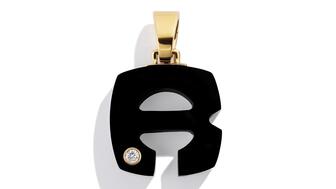
The “Splendente” collection has evolved to feature hardstone letter pendants, including our Piece of the Week, the onyx “R.”

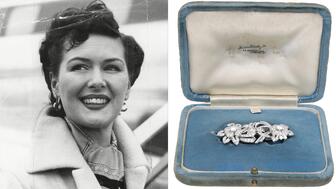
The jewelry collection belonged to “one of society's most glamorous and beautiful women of the mid-20th century,” said the auction house.

The update came as Anglo took its third write-down on the diamond miner and marketer, which lost more than $500 million in 2025.

With refreshed branding, a new website, updated courses, and a pathway for growth, DCA is dedicated to supporting retail staff development.

Emmanuel Raheb discusses the rise of “GEO” and the importance of having well-written, quality content on your website.

Each received around four years for burglarizing a jewelry store and a coffee shop in Simi Valley, California, last May.

Catherine Aulick, a GIA graduate, received the ninth and final Gianmaria Buccellati Foundation Award for Excellence in Jewelry Design.

We asked a jewelry historian, designer, bridal director, and wedding expert what’s trending in engagement rings. Here’s what they said.

Experts from India weigh in the politics, policies, and market dynamics for diamantaires to monitor in 2026 and beyond.

Are arm bands poised to make a comeback? Has red-carpet jewelry become boring? Find out on the second episode of the “My Next Question” podcast.

The Swiss watchmaker is battling declining sales amid a rapid retail expansion, according to a Financial Times report.

The campaign celebrates Giustina Pavanello Rahaminov, the co-founder’s wife and matriarch of the family-owned brand, for her 88th birthday.
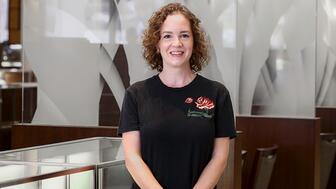
Rachel Bennett, a senior jeweler who has been with Borsheims since 2004, earned the award.

After the Supreme Court struck down the IEEPA tariffs, President Trump imposed a 10 percent tax on almost all imports via a different law.

The industry veteran, who was with The Edge Retail Academy for 14 years, joins her husband at the company he founded in 2022.

The vintage signed jewelry retailer chose Miami due to growing client demand in the city and the greater Latin American region.

Former Flight Club executive Jin Lee will bring his experience from the sneaker world to the pre-owned watch marketplace.
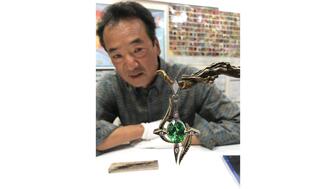
Sakamoto, who died in mid-January following a sudden illness, is remembered for his humility and his masterful, architectural designs.

The April event will feature a new VIP shopping day requiring a special ticket.

Bulgari chose the British-Albanian singer-songwriter for her powerful and enduring voice in contemporary culture, the jeweler said.

In a 6-3 ruling, the court said the president exceeded his authority when imposing sweeping tariffs under IEEPA.

Smith encourages salespeople to ask customers questions that elicit the release of oxytocin, the brain’s “feel-good” chemical.
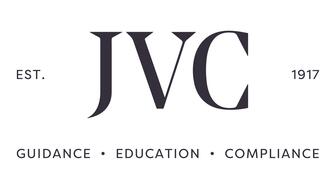
JVC also announced the election of five new board members.















